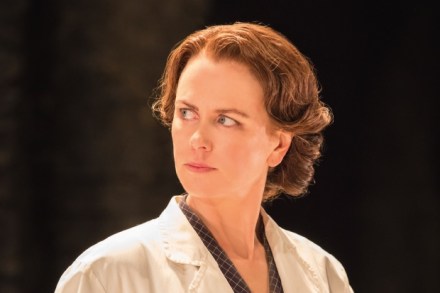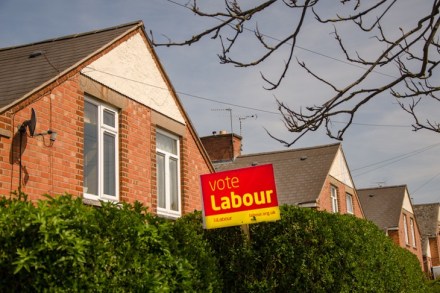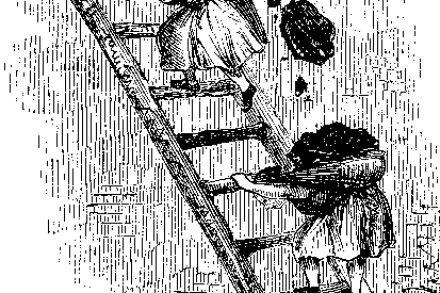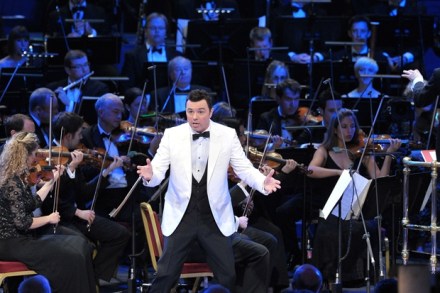Nicola Sturgeon explains how a second independence referendum could be ‘unstoppable’
Nicola Sturgeon has a plan about how to achieve another independence referendum, even if there won’t be a pledge for one in the SNP’s next manifesto. On the Today programme, Sturgeon pointed the finger at the Tories in Westminster — the bogeymen she believes will help the nationalists make the case for independence: ‘I think we do what we have done over a period of years: we continue to make the argument for the economic and social and political case for Scotland to be independent country and I believe very strongly the onus is on those who support independence to do that. I also though happen to think that there will be things our opponents


















